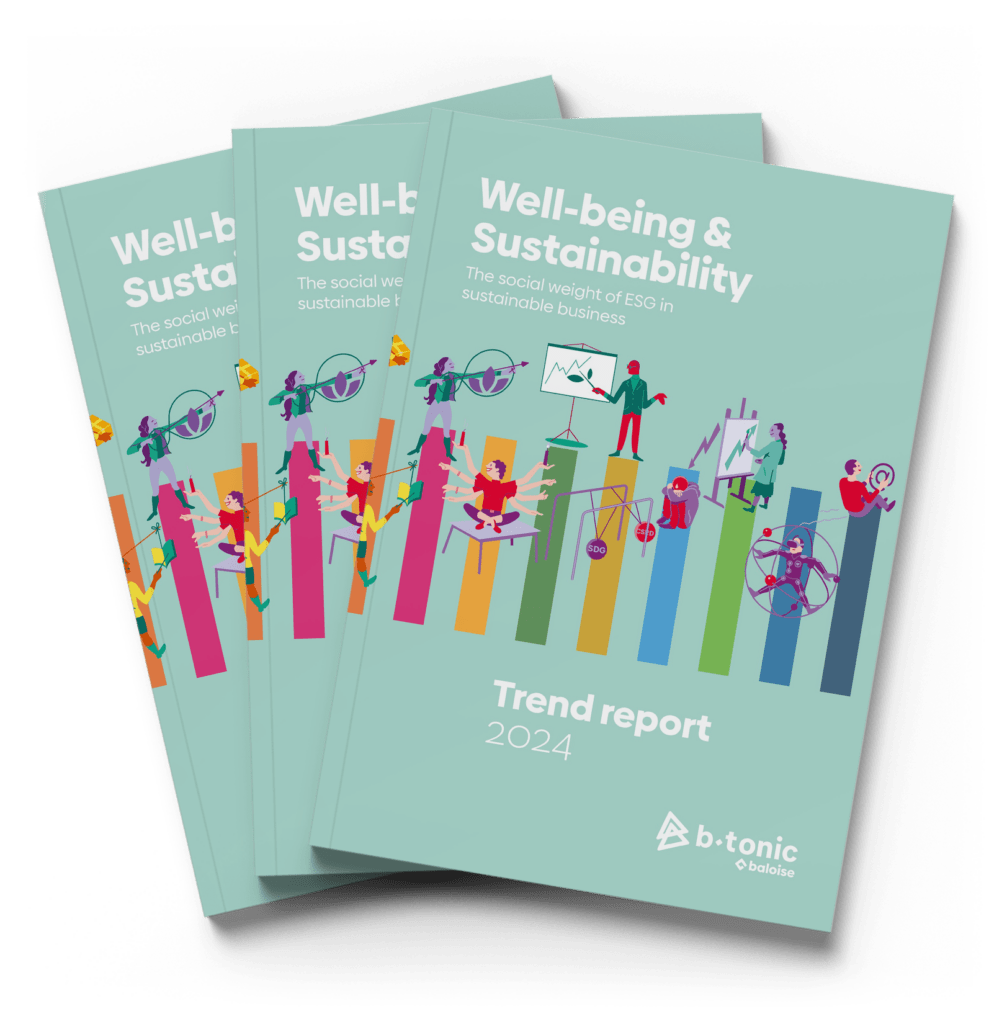Download the whitepaper: 'How come an absenteeism intervention works?'
Company culture and leadership are two important levers towards a successful and sustainable reintegration.
In Belgium, there are 500.000 people that are currently not working due to illness or long-term incapacity for work. In addition, the number of long-term ill people due to burnout or depression grew with a whopping 46% the last five years. Society pays too: for instance, in 2019 the cost of disability benefits was 9.3 billion euro. Absenteeism interventions were never more important than now.
In this whitepaper, B-Tonic and Antwerp Management School answer two crucial questions, in collaboration with bpost and Mensura.
1. When is a work resumption successful? And what can we learn from this in order to prevent absenteeism generally speaking?
2. What can a manager do to reduce absenteeism and ensure their employees’ health and well-being?
The results of this thorough literature review, complemented with case studies and best practices, entail indispensable advice for each HR manager, prevention adviser, entrepreneur or manager.


